Today, we tackle the first of The 7 Reasonable Rules of Writing: Excellent Spelling.* Our discussion also includes various forms of usage that can affect spelling.
My focus is on writing books, but spelling can complicate blogging, too: I land the lollapaloozas in the first draft in MSWord; some hiccups happen when I transfer text to the blog editor; more mistakes surface during draft previews; and the last problems pop out after going live. The saving grace of blog posts and comments is that they can be edited after publication: If you’ve made a typographical error or other spelling mistake, go ahead and fix it, and we’ll all move on.
 I know just enough about several other languages, to be dangerous, so I don’t fault non-native-English speakers for occasional gaffes (most of them speak my language far better than I speak theirs). If we choose to use more than one language in our writing, we should make every effort to do so correctly. (The last spelling mistake I was able to detect in the Beta editions of Irish Firebrands was in a word in Gaeilge.)
I know just enough about several other languages, to be dangerous, so I don’t fault non-native-English speakers for occasional gaffes (most of them speak my language far better than I speak theirs). If we choose to use more than one language in our writing, we should make every effort to do so correctly. (The last spelling mistake I was able to detect in the Beta editions of Irish Firebrands was in a word in Gaeilge.)
Many old classics will digress into dialogue or lengthy quotations in French, but those books were written when everyone who was more than minimally literate had also learned that language. Nowadays, occasional written excursions into other languages can help establish setting, and can add minor detail to character development, but they should be as brief as possible, and should include a translation. An example of how to do this is Rudyard Kipling’s Kim (in Irish Firebrands, I used a modification of that technique).

Individual readers’ tolerance varies for finding spelling errors, but for me, poor spelling can be a cover-closer. Inappropriate usage is also a huge problem: I’ve seen a frighteningly large number of manuscripts – and also “professionally edited” traditionally published books – that seem to have relied entirely on the spell-checker, which can’t catch correctly spelled but misused words.
What a spell-checker does best, is hand out hangman’s nooses to unwary writers and editors. The MSWord spell-checker must be told to “Check Grammar & Style,” for it to catch some (but not all) usage-spelling mistakes. Those who use other word-processing or desktop publishing programs should make sure the settings are appropriate.
 But to ensure that our writing won’t resemble that ridiculous spell-checker poem composed of usage mistakes, we should use a dictionary, a thesaurus and a list of homophones. My dictionaries are a 1941 Webster’s Collegiate (for American English and some Commonwealth usage) and a current Oxford Concise English (for Commonwealth English and some American cross-references). My thesaurus is a 1958 New American Roget’s College.
But to ensure that our writing won’t resemble that ridiculous spell-checker poem composed of usage mistakes, we should use a dictionary, a thesaurus and a list of homophones. My dictionaries are a 1941 Webster’s Collegiate (for American English and some Commonwealth usage) and a current Oxford Concise English (for Commonwealth English and some American cross-references). My thesaurus is a 1958 New American Roget’s College.
Many of these kinds of resources are just a mouse-click away, online. For this reason, it’s unnecessary to dumb-down writing by avoiding big words: using a comprehensive vocabulary is a compliment to readers’ intelligence, because they’re smart enough to get the meaning from the context, and sensible enough to consult a printed or online dictionary, when in doubt.
It may be a temptation to disable the spelling and grammar checker entirely, because of those annoying colored squiggles. Even touch-typists get them: I’m good at the keyboard, but I’m not that good, probably for the same reason why, despite my being half French and half Polish, I can’t play the piano like Chopin did – my fingers are too short to cover an octave with one hand.
 If you do disable the checker, when you turn it back on, your manuscript will light up like a Christmas tree. Even under the best circumstances, MSWord’s full grammar and style checking can be terribly tedious, if you try to do it all at one sitting. The solution is to save chapters as separate documents, and to turn on only a few proofreading criteria at each of several editing sessions.
If you do disable the checker, when you turn it back on, your manuscript will light up like a Christmas tree. Even under the best circumstances, MSWord’s full grammar and style checking can be terribly tedious, if you try to do it all at one sitting. The solution is to save chapters as separate documents, and to turn on only a few proofreading criteria at each of several editing sessions.
Because the spelling and grammar checker can’t be relied upon to catch words spelled correctly but used wrongly, I double-check my chapters by converting them to Adobe PDF, and search for terms using that program’s utility. The resulting hit list shows the requested words in their position in all the sentences in which they appear, which simplifies evaluating their context.

Then I can go back into my document and use the Find and Replace function to fix any usage-spelling faux pas. Other word-processing or desktop publishing programs undoubtedly have a similar capability. If you can’t find it on the toolbar or in a Help search, look for an online forum discussion for your software. Somebody has probably already published what you need to know there.
Now, for “non-standard” spelling: I write my blogs in North American (US) English, but the settings and subjects of my current novels make it feel more natural for me to use Commonwealth English. I add spelling variations to my spell-checker dictionary, so I’m not hassled by squiggles when I turn it on to look for simple typos. (Additional dictionaries also can be imported.)

Another spelling nightmare is dialect. In writing Irish Firebrands, I stayed away from old-fashioned “stage Irish,” because real Irish people don’t speak that way. Dialect adds nothing to character or plot development, and most attempts to transcribe a strong accent turn out to be illegible, anyway. For example, many writers seem to feel it’s obligatory to render the brogue of a Scottish person in the thickest dialect imaginable. At best, the reader might slow down and try to sound things out; at worst, the horrific spelling makes it look as if the character spewed haggis all over the page. As with lengthy untranslated passages in foreign languages, the old classics frequently resorted to stereotypical dialect, but many modern readers will skip over such messy passages.
The same can be said for names and passages in fantasy languages, too: Tolkien pushes the envelope, on this one. For best results, model your fantasy language’s spelling, grammar and pronunciation on the basic rules of Spanish, which evolved in ways that wisely smoothed out many rough patches that Anglophones often find in other tongues. Don’t throttle yourself with unnecessary complexity. As Saki (H. H. Munro) wrote in his short story Tobermory, “If he was trying German irregular verbs on the poor beast,” said Clovis, “he deserved all he got.”
 Misspellings, typographical errors, foreign or fantasy languages, and thick dialects all can pose insurmountable communication blocks to readers. As Artists, our primary artistic goal is to communicate. Sending into the cold, cruel world a work with spelling problems, is like making it the guest of honor at a necktie party.
Misspellings, typographical errors, foreign or fantasy languages, and thick dialects all can pose insurmountable communication blocks to readers. As Artists, our primary artistic goal is to communicate. Sending into the cold, cruel world a work with spelling problems, is like making it the guest of honor at a necktie party.
…
* Perfect would be nice, but we do have Murphy’s Law to contend with.
For more Excellent Spelling help:
Lists of commonly misspelled words abound on the Internet.
Those who would like to have a comprehensive list of spelling rules will find one at this website.
Chapters 18 and 19 in this handy little book provide concise guidance.

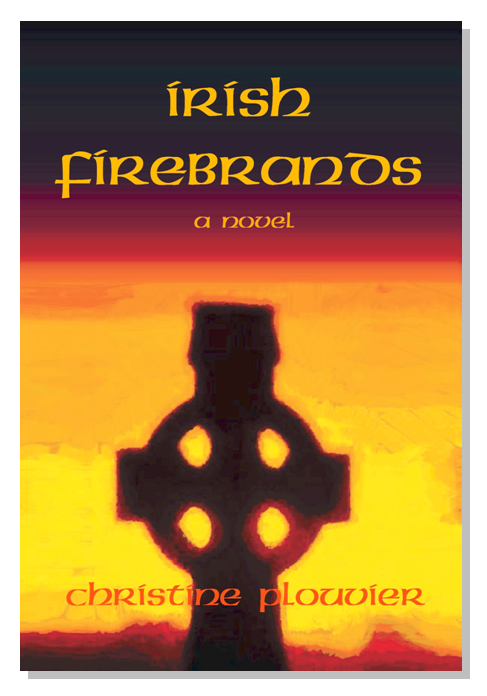
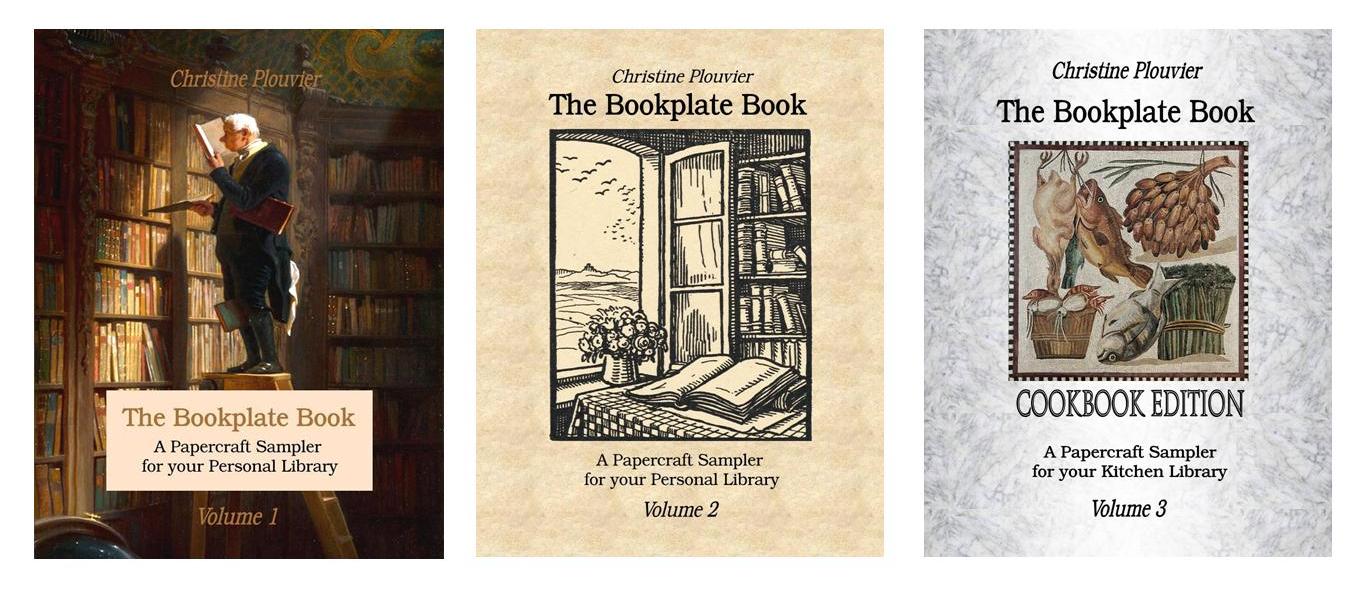


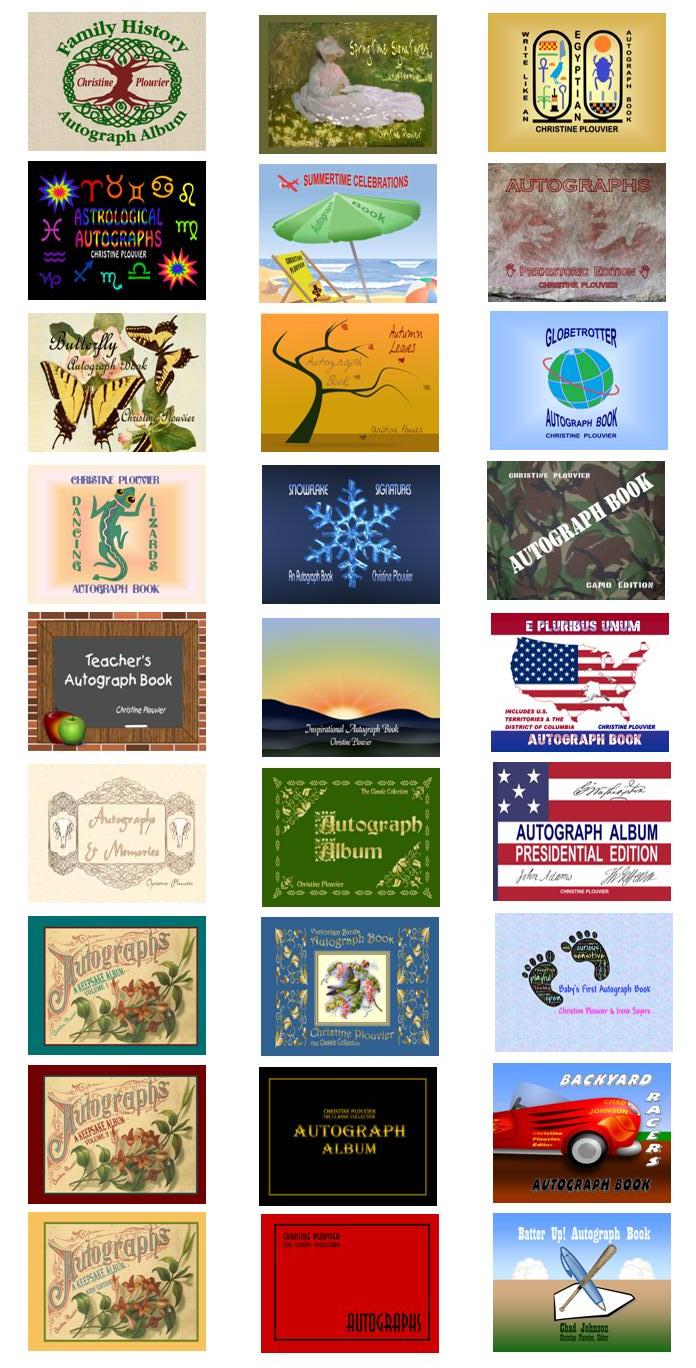

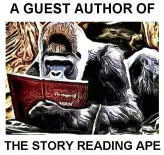

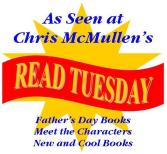
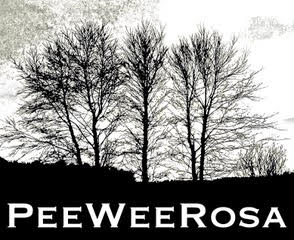








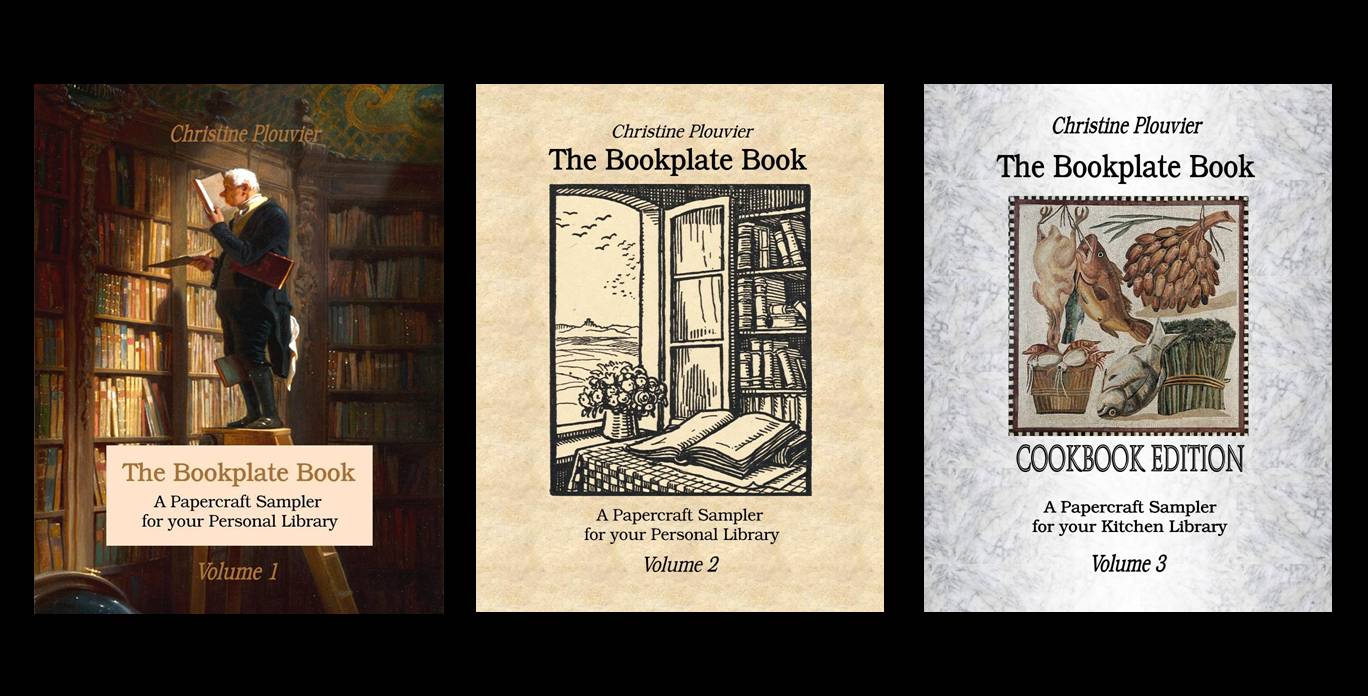

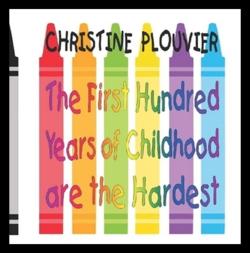
I get up at 4:30 a.m. and study grammar and usage every day for two hours. I had to teach myself everything from scratch. For some reason the teachers of my generation decided they were more interested in what we had to say and not how we said it, so when I started writing I knew that I had to start over. I’ve got grammar books and dictionaries out the ying yang.
LikeLiked by 1 person
Good for you! I’m old enough to have been taught instead of experimented on, and I always received top marks on my academic writing, all the way through grad school, but I still have to review the stuff I don’t use frequently. I love my dictionaries and thesaurus. The next best thing to knowing the answer, is knowing where to find it.
Thanks for your visits, likes and contributions! Conversations count, with me.
LikeLike
I totally agree! Putting out a novel full of spelling and grammatical mistakes is not only unproffessional but shows you dont care. Inevitably some will slip through, it happens even with the best authors who employ top editors, and even before I began writing, it was fun to spot their typos! But unfortunately it is this kind of thing, which is so common with self published books, that tars all us Indies with such a bad name.
LikeLiked by 1 person
I’ve noticed that older books that were hand-typeset by compositors rarely had spelling mistakes. When technology made mechanical typesetting obsolete, publishing lost a valuable pair of experienced proofreading eyes.
LikeLike
What an excellent point, excellent post and wonderful graphics! Typing on my sad keyboard with the letters worn off gets me in trouble. And I don’t rely on the spell check for the reasons you mentioned. I find if I read it out loud (to my patient cats usually), I can catch more errors than the computer can. (For example, tonight I had someone scratch his WAR. No, it should have been his EAR!) I could probably do even better if I could train the cats to read it to me as I follow along. 🙂
LikeLiked by 1 person
You must have the only patient cats in the universe! All the cats I’ve known have anathematized reading: “You will rot in Hell if you look at that paper thingy! I will save you from damnation, by sitting on it!”
LikeLiked by 1 person
Ah, see I keep a treat canister by my computer. When I sit down to work, they all gather ’round and wait until they get a treat. If they don’t listen, they get no treats. 🙂
LikeLiked by 1 person